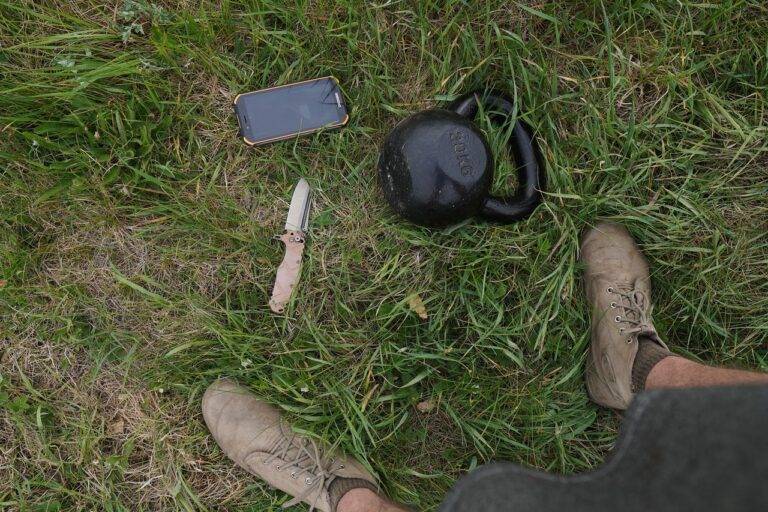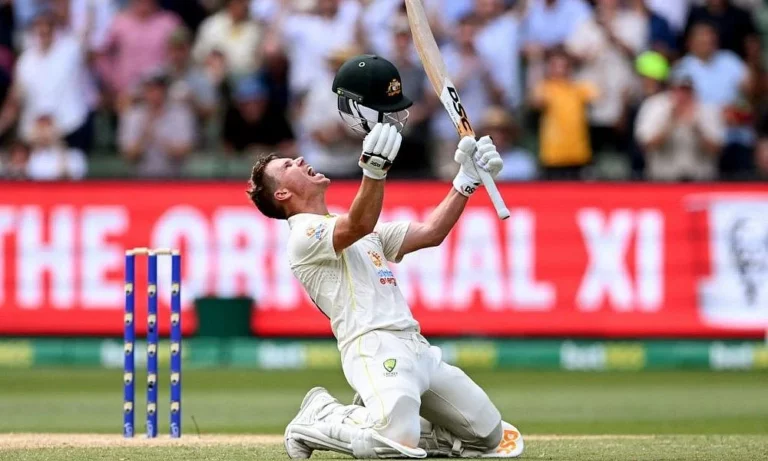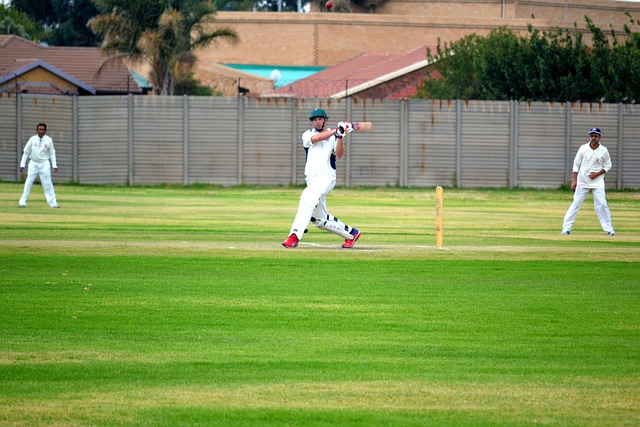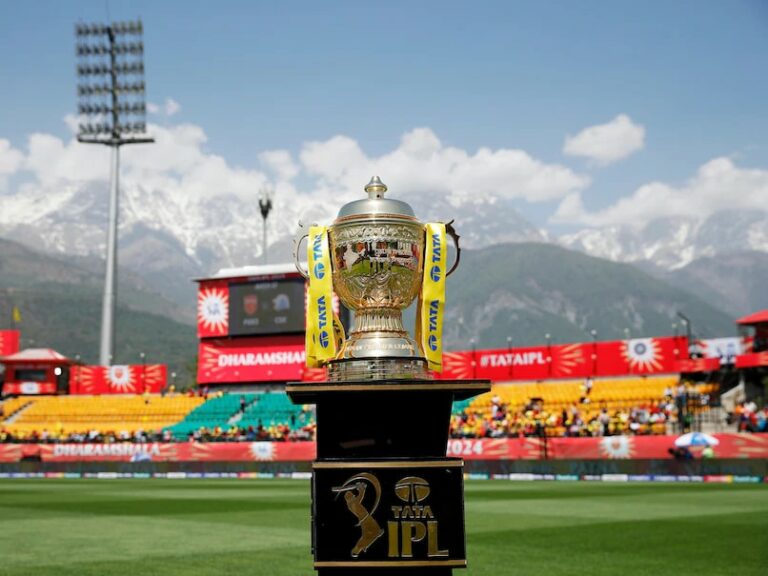The Role of IPL Match Player Disaster Response Training on Preparedness
Disaster response training is crucial for IPL match players to ensure their safety and the safety of others in times of emergencies. These athletes are often in high-pressure situations, both on and off the field, and being prepared for unforeseen disasters can make a significant difference in handling critical situations effectively. By equipping IPL players with the necessary skills and knowledge, they can act swiftly and decisively during crises, potentially saving lives and minimizing damage.
Moreover, disaster response training fosters a sense of teamwork and camaraderie among IPL match players. During emergencies, effective communication and coordination are vital for a successful response. By training together, players can develop a cohesive approach to handling disasters, leveraging each other’s strengths and expertise. This collaborative mindset not only enhances their individual capabilities but also reinforces the importance of unity and solidarity in times of adversity.
The Benefits of Being Prepared for Emergencies
In times of emergencies, being prepared can make a significant difference in minimizing the impact of unforeseen events. Whether it’s a natural disaster or a medical emergency, having the necessary skills and knowledge to respond effectively can save lives and prevent further chaos. When individuals are trained and equipped to handle emergencies, they are better able to act swiftly and decisively, leading to a more organized and coordinated response.
Furthermore, being prepared for emergencies not only benefits individuals but also the community at large. By taking proactive steps to acquire the necessary training and resources, individuals can play a crucial role in enhancing overall community resilience. This collaborative approach to emergency preparedness fosters a sense of solidarity and cooperation among community members, creating a stronger and more cohesive support system during times of crisis.
How IPL Match Players Can Contribute to Disaster Relief Efforts
IPL match players have a unique platform and influence that can greatly contribute to disaster relief efforts. By using their visibility and popularity, players can raise awareness about ongoing disasters and encourage their fans to donate or volunteer to help those in need. Whether through social media campaigns, charity matches, or public service announcements, players can leverage their status to make a meaningful impact during times of crisis.
Additionally, IPL match players can also make direct contributions by donating a portion of their earnings or organizing fundraising events to support relief organizations. Their involvement can inspire others to follow suit and unite in providing aid to affected communities. With their resources and reach, players have the potential to mobilize a significant amount of support and make a difference in the lives of those impacted by disasters.
IPL match players can raise awareness about ongoing disasters through social media campaigns
Players can encourage their fans to donate or volunteer to help those in need
They can organize charity matches or public service announcements to support relief efforts
Players can make direct contributions by donating a portion of their earnings
They can also organize fundraising events to support relief organizations and inspire others to do the same
Why is disaster response training important for IPL match players?
Disaster response training is important for IPL match players because it equips them with the necessary skills and knowledge to respond effectively in case of emergencies during matches or events.
What are the benefits of being prepared for emergencies?
Being prepared for emergencies can help IPL match players to stay calm under pressure, make quick decisions, and potentially save lives in case of disasters or accidents.
How can IPL match players contribute to disaster relief efforts?
IPL match players can contribute to disaster relief efforts by using their platform to raise awareness, mobilize resources, and support relief organizations through donations or volunteering their time and skills.







